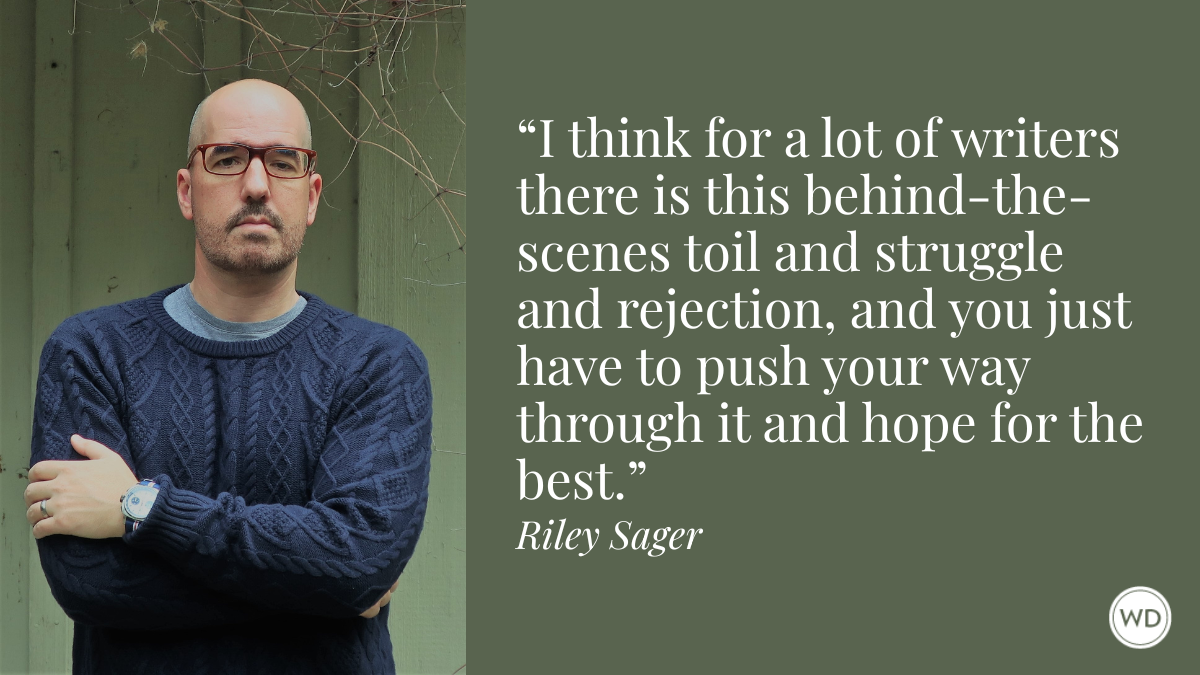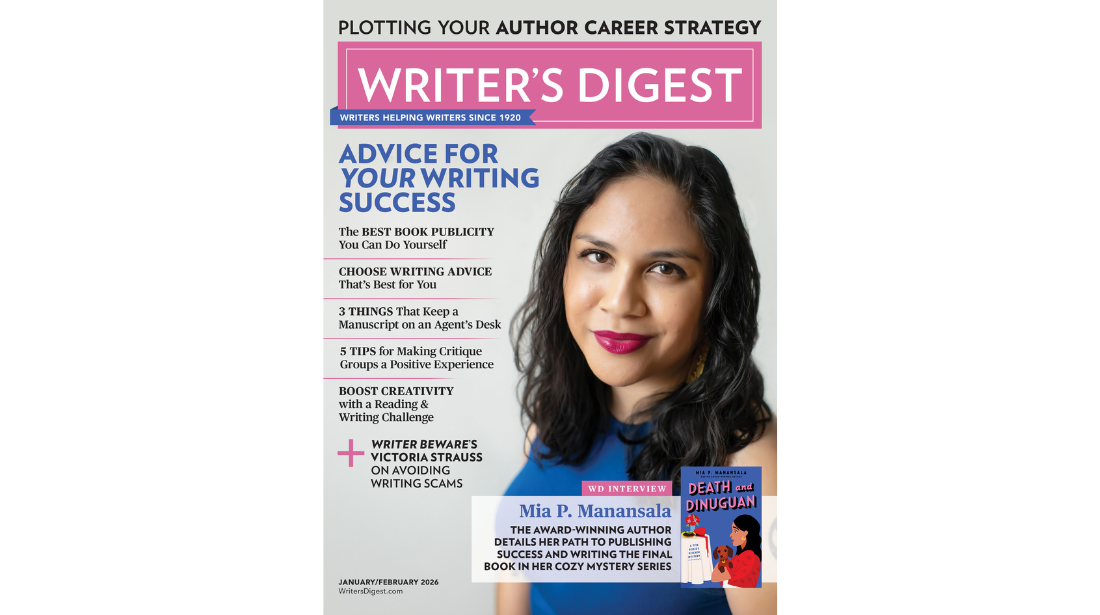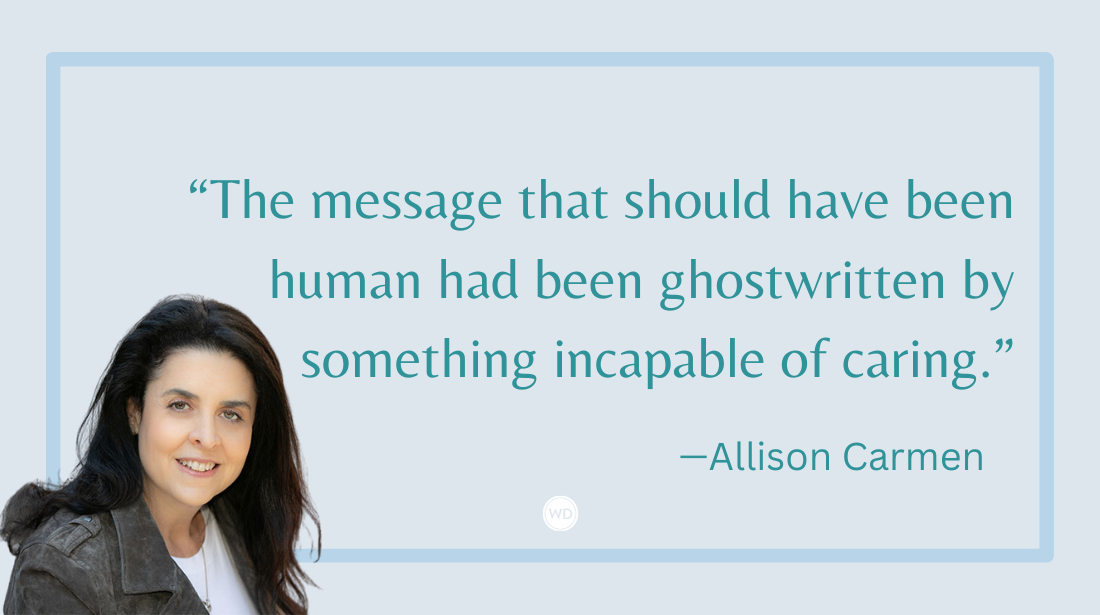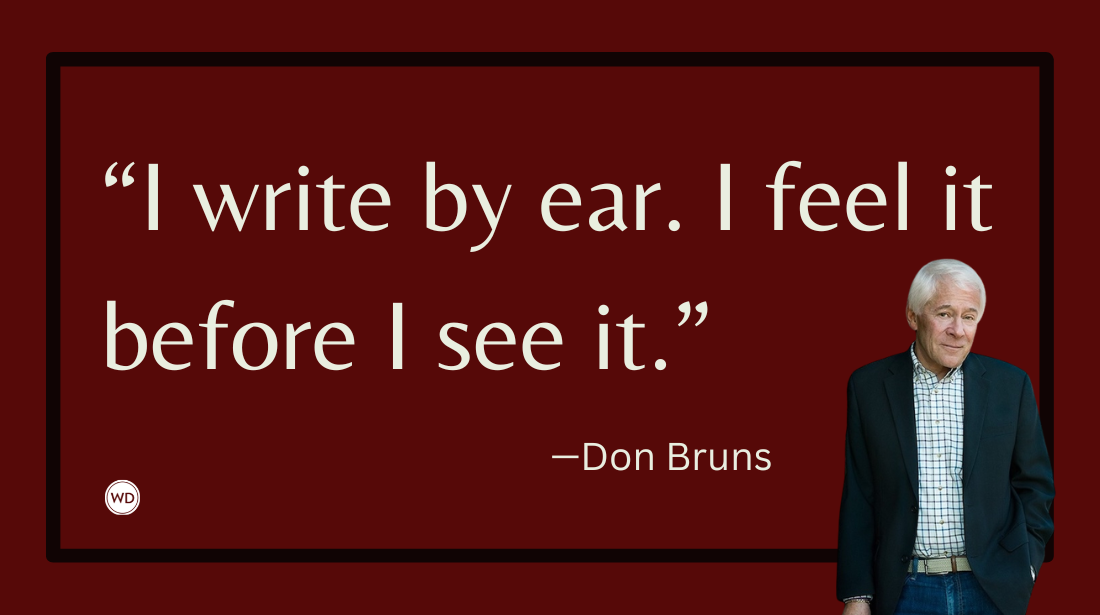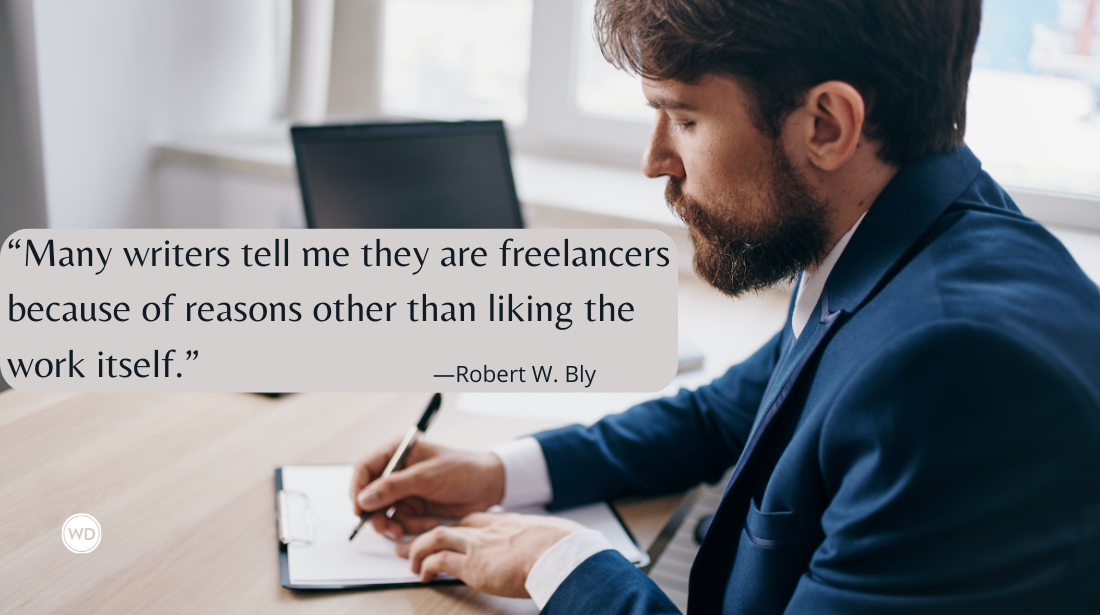The 5 Differences Between Professional and Amateur Novelists
There are some crucial differences between the professional ones and the ones who want to be professional. These are the five that I’ve noticed during my career.
This week I’m publishing a new novel, The Last Enchantments, about an American abroad at Oxford (kind of a Brideshead Revisited remix). It will be the eighth book of mine released by a big New York publishing house, but I think it was only somewhere around the fifth or sixth that I stopped feeling like an impostor. There’s no magical change you feel when your first book finally sells – the same doubts are still there, and definitely the same feeling that you’re a kind of crazy charlatan, trying to trade words out of your brain for money.
But for all that that’s true, the more writers I meet, the more I notice that there are some crucial differences between the professional ones and the ones who want to be professional. I hope that doesn’t sound condescending – every professional writer used to be an amateur writer, after all, and often the distinctions I’m talking about don’t have anything to do with talent as much as with attitude. These are the five that I’ve noticed.
*********************************************************************************************************************************
This guest post is by Charles Finch, a graduate of Yale and Oxford. He is the author of the Charles Lenox mysteries. His first novel, A Beautiful Blue Death, was nominated for an Agatha Award and was named one of Library Journal’s Best Books of 2007, one of only five mystery novels on the list. His first contemporary novel, The Last Enchantments, is out now. He lives in Chicago.
*********************************************************************************************************************************
Tools
When beginning writers approach me, they often want to know where I get my ideas (Pottery Barn, I tell them) or my inspiration. By contrast, I think published novelists understand that you can’t really get help with inspiration. No five-minute conversation at a signing is going to make it easy to write a great book. It has to come from within.
But you can talk about process. That’s why, when I talk with other published writers, it’s often not about high-flown ideas on writing but about the mundane, workaday tools we use to do our job. What pencils do you use? What reference books are at hand while you work? Coffee or food or nothing? Music, no music?
There’s so much you can’t control about writing that it’s crucial to control what you can. The less time you spend thinking about how you write, the more time you spend thinking about what you’re writing.
Patience
To me, the single biggest mark of the amateur writer is a sense of hurry.
Hurry to finish a manuscript, hurry to edit it, hurry to publish it. It’s definitely possible to write a book in a month, leave it unedited, and watch it go off into the world and be declared a masterpiece. It happens every fifty years or so.
For the rest of us, the single greatest ally we have is time. There’s no page of prose in existence that its author can’t improve after it’s been in a drawer for a week. The same is true on the macro level – every time I finish a story or a book, I try to put it away and forget it for as long as I can. When I return, its problems are often so obvious and easy to fix that I’m amazed I ever struggled with them.
Amateur writers are usually desperate to be published, as soon as possible. And I understand that feeling – you just want it to start, your career, your next book, whatever. But I wonder how many self-published novels might have had a chance at getting bought, and finding more readers, if their authors had a bit more patience with them?
Focus
“I’m working on a memoir and a novel and a collection of long poems about my family’s life as settlers in the west,” a woman once told me.
I personally find that having a couple of projects going at once can be an aid to focus, refreshing my brain as I go back and forth between them – a book review and a novel at the same time, for example. But I’ve seen that writers who are starting out sometimes throw their energy in so many different directions that they can never finish any of the projects, much less all of them.
To me a good test is this: what do you like to read? What kind of book moves and affects you the most? Is it the memoir, the novel, the long poem-collection? Personally, I find myself most immersed in the novel, and that’s why I write them – they have the most magic for me. The joy of self-expression is exhilarating, but ultimately choosing one venue for it can make your work much better – and same for your chances of actually finishing something.
Habit
“Routine, in an intelligent man, is a sign of ambition.” Those are the words of W.H. Auden (never mind that his routine eventually came to revolve around drinking more than writing).
If there’s a single idea I emphasize when people ask about writing, it’s that there’s no right way to produce a book. But I do think that whatever you do, you should do regularly, whether it’s waking up at midnight and drinking vodka or waking up at dawn and drinking tea, whether it’s sitting in a monkish study or writing on the back of a flatbed truck. The analogy I like is children’s literature: in a lot of children’s books, there’s a huge institutional structure (Hogwarts, for example) whose presiding safety allows the children’s imagination to run free. The more consistent your habits are – and this ties into having your tools nailed down – the more secure your brain will be to run free and create.
Practice
There’s more mystical nonsense written about the process of writing than almost anything. Inspiration, genius, “the muse.” So I want to lay out one huge, comforting, wonderful fact: the more you write, the better you get at it. Writing is like a forehand or driving a car or playing guitar. Practice makes you better.
That’s not to say inspiration and genius don’t exist. Not everyone can become Tolstoy through hard work. What it means is that, wherever you start, you can improve. And the way to do it is to write a lot.
I mentioned at the start of this piece that I’ve published eight books. When I flip through the first one now, I can’t believe it ever made it onto shelves. I see so many flaws and problems in it that I’m amazed. The reason is that I’ve written hundreds of thousands of words between since then. As long as you produce a little something every day, every week, in time, invisibly, you’ll get better. Trailing behind every successful writer are a million words that never saw the light of day. Sometimes it takes five million words. The most important piece of writing advice anyone can give or get is simple, and therefore can seem uninteresting, but it’s true: just keep writing.
Thanks for visiting The Writer's Dig blog. For more great writing advice, click here.
*********************************************************************************************************************************
Brian A. Klems is the online editor of Writer's Digest and author of the popular gift bookOh Boy, You're Having a Girl: A Dad's Survival Guide to Raising Daughters.
Follow Brian on Twitter: @BrianKlems
Sign up for Brian's free Writer's Digest eNewsletter: WD Newsletter




